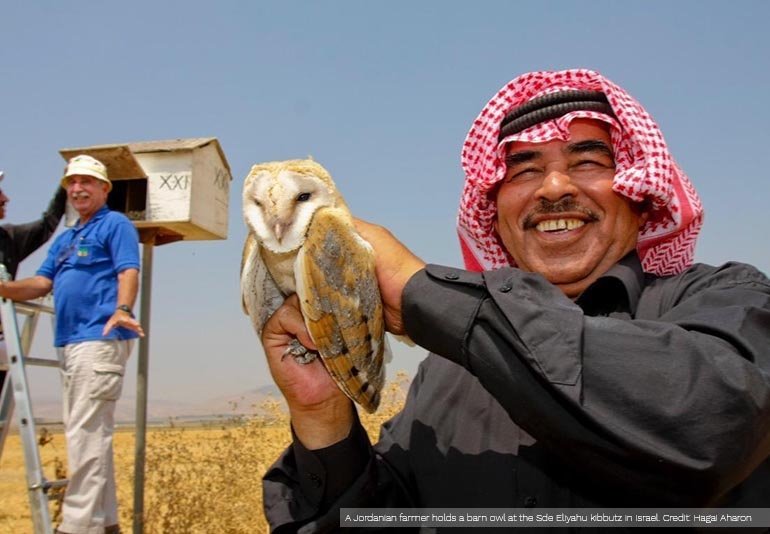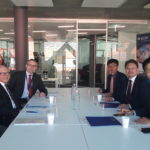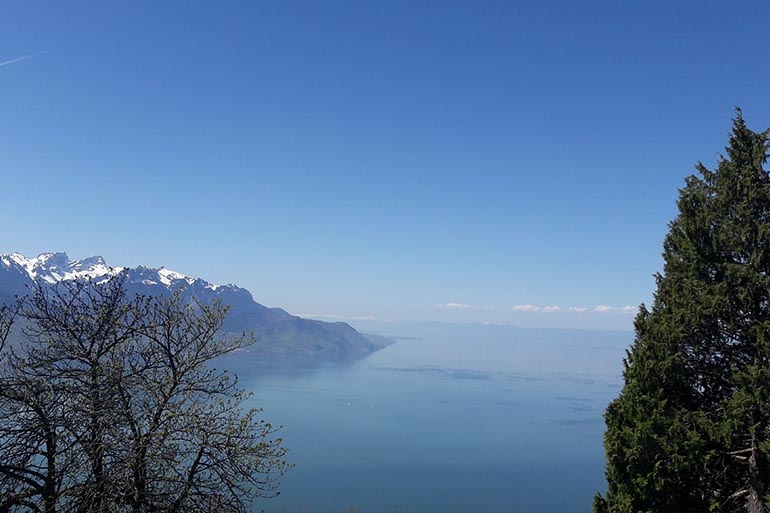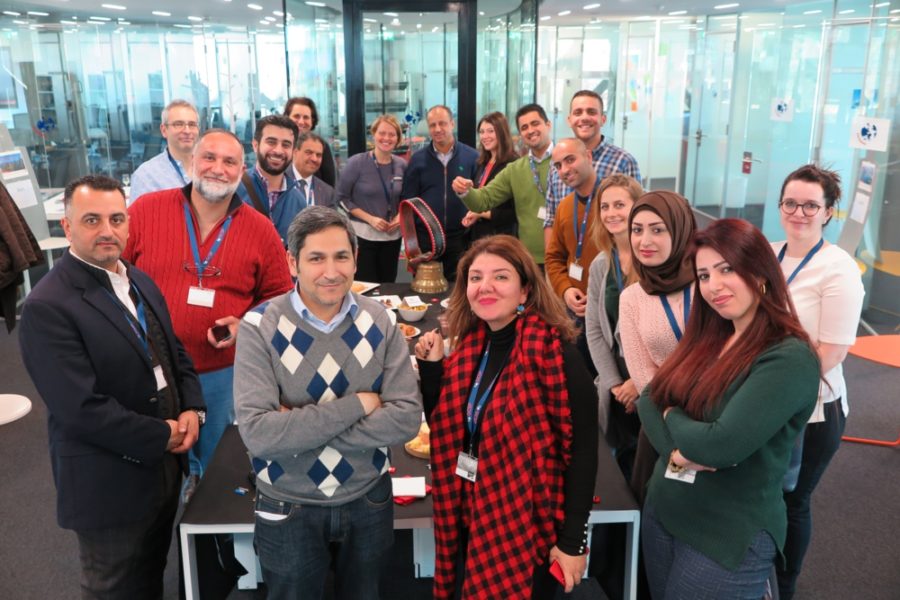- “Barn Owls Know no Boundaries” project brings people from Israel, Jordan and the Palestinian Authority to work together on solving an environmental challenge. Such nature conservation efforts are beneficial for all communities. More often than not, these benefits go beyond biodiversity protection. Indeed, they may facilitate constructive dialog across divides in conflict zones. This pleads for the integration of nature conservation into peacebuilding interventions.
This event will present multiple approaches used in cross-border projects around the theme of nature conservation in the Middle East. These projects promote people-to-people activities using science, diplomacy and sport, and education, art and ecotourism as linking elements. The strength of this approach is that the projects are implemented in interaction with local actors (e.g. schools, farmers), universities, national leaders (politicians, economic leaders, non-governmental organisations) and the international community.
This event is jointly organised by University of Lausanne (UNIL), Tel Aviv University, and the Amman Center for Peace & Development. It will bring together experts explaining the unique case study of how cooperation on biodiversity protection can impact a peace process.
The panellists include:
- General Mansour Abu Rashid, chairman of the Amman Centre for Peace and Development, mandated by his Majesty King Hussein to prepare the peace treaty between Jordan and Israel in 1994.
- General Baruch Spiegel, mandated by the late Prime Minister Yitzhak Rabin to prepare the peace treaty between Jordan and Israel in 1994.
- Professor Yossi Leshem from Tel Aviv University.
- Professor Alexandre Roulin from the University of Lausanne
- The discussion will be chaired by:
- Ms Anna Brach, Human Security Cluster Responsible.








